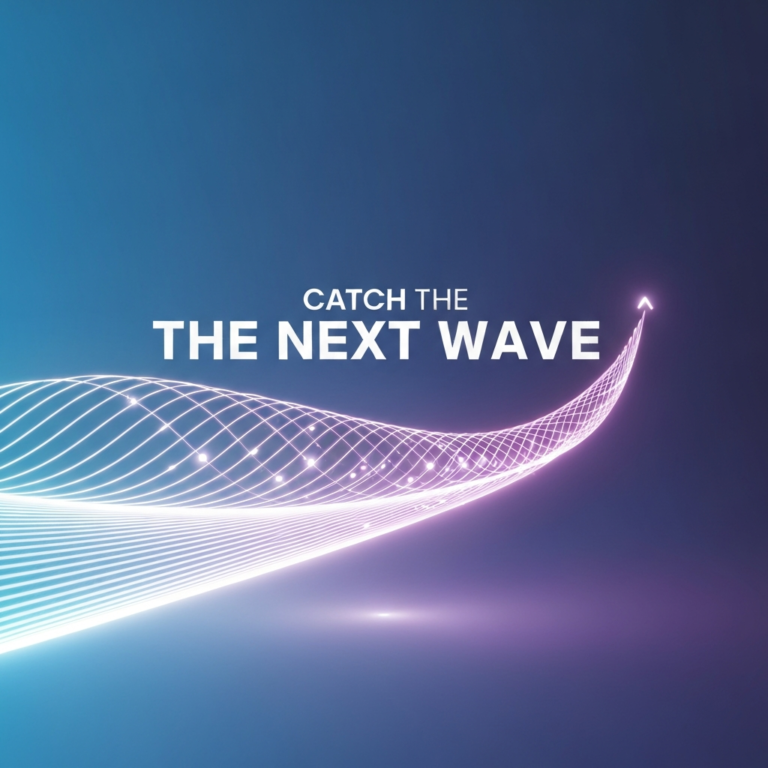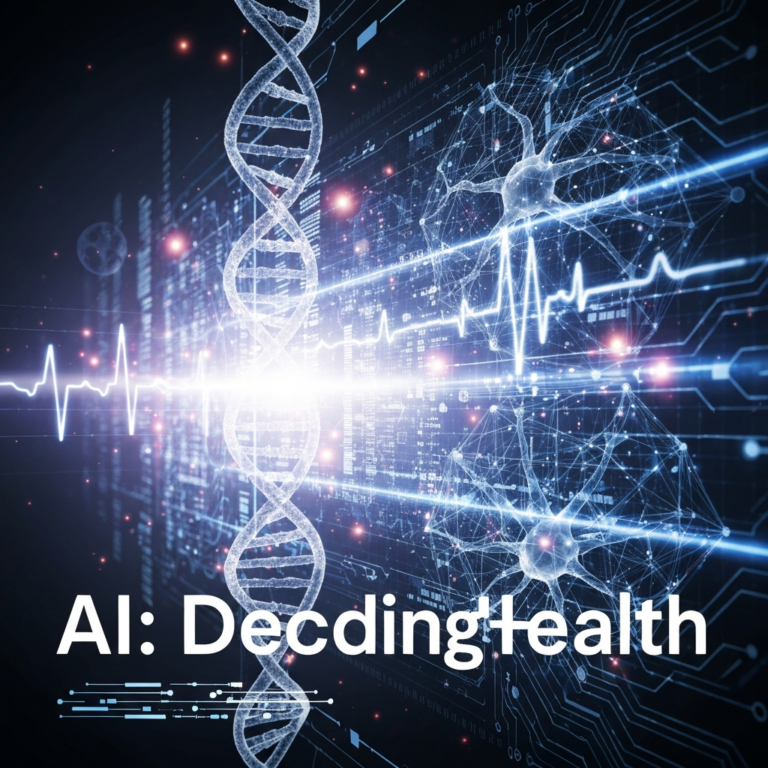
Image: Fortune
Artificial Intelligence is no longer a distant future. It’s here, reshaping industries and redefining careers at an alarming speed. For professionals in almost every field, the conversation has shifted from whether AI will impact their jobs to how soon and to what extent. The shift is undeniable: automation is reducing the need for routine tasks, AI-driven systems are improving efficiency beyond human capabilities, and even creative fields—once thought to be immune—are now seeing disruption. If you’re still in denial about AI’s role in the workforce, it’s time to face reality. The question is no longer if AI will replace jobs, but whether you will adapt in time to remain relevant.

Recent developments are making the shift even more tangible. In manufacturing, the rise of “dark factories” has started eliminating the need for human workers entirely. Xiaomi’s fully automated factory in Changping, China, operates without human intervention, producing one smartphone every second. While the efficiency gains are undeniable, the implications for millions of workers in the industry are profound. Software development is facing a similar reckoning. Dario Amodei, CEO of AI firm Anthropic, recently predicted that within the next three to six months, AI will be writing 90% of all software code. In a year, AI-generated code could be the norm, leaving many software engineers wondering where they fit in. And if software development—a field built on problem-solving and technical expertise—is being disrupted this fast, what does it mean for other knowledge-based jobs?
The impact of AI is not confined to technical fields. The creative industry, long believed to be resistant to automation, is seeing major shifts as well. AI-generated images, AI-powered translation, and even AI-written novels are becoming increasingly mainstream. Photographers, translators, illustrators, and writers are realizing that AI can do in seconds what previously took hours, often at a fraction of the cost. AI’s ability to mimic human creativity is not perfect, but it’s improving fast. Those who believed their industries would remain untouched are finding themselves forced to compete with machines that are getting better every day.
The WEF predicts AI & tech will create 170 million jobs while displacing 92 million, urging upskilling to prepare workforces for the AI-driven future
This rapid transformation is unsettling, but it’s not all doom and gloom. AI is also creating new opportunities, though these are not always in the same places where jobs are being lost. The World Economic Forum estimates that while AI and other technologies will eliminate 92 million jobs by 2030, they will also create 170 million new ones. The key challenge? Many of these new jobs require skills that most displaced workers don’t yet have. It’s a skills gap that is widening, and those who fail to reskill or upskill will be left behind.
To stay relevant in this AI-driven world, professionals need to rethink their approach to career growth. The era of learning a single skill set and relying on it for decades is over. Adaptability has become the most valuable trait in the modern workforce. Lifelong learning is no longer optional—it’s essential. Those who fail to keep up with new technologies, new industry demands, and new ways of working will quickly find themselves obsolete.
Technical skills are a good place to start. AI, machine learning, data science, and cybersecurity are among the fastest-growing fields, with demand outpacing supply. Transitioning into AI-related roles isn’t as out of reach as it may seem. Online courses, boot camps, and self-paced learning programs are making these skills more accessible than ever. Certifications, advanced degrees, and specialized training programs can open doors to AI-driven careers, even for those without traditional technical backgrounds. But while technical expertise is valuable, it’s not the only skill that will matter in an AI-dominated job market.
Soft skills—often overlooked in discussions about AI—are becoming just as critical. Machines can process data and perform tasks faster than humans, but they struggle with complex human interactions, emotional intelligence, creativity, and critical thinking. Roles that require strategic decision-making, innovation, leadership, and interpersonal skills are far less likely to be replaced by AI. Professionals who can bridge the gap between technology and human experience will be in high demand.
Another key strategy for survival in an AI-transformed workforce is understanding and leveraging AI rather than competing with it. AI is not just a threat—it’s a tool. Professionals who integrate AI into their work, using it to enhance productivity rather than resisting it, will have a significant advantage. For instance, lawyers who use AI-powered research tools can analyze cases more efficiently, marketers who adopt AI-driven data analytics can develop better-targeted campaigns, and financial analysts who work with AI models can identify investment opportunities with greater accuracy. Instead of seeing AI as a rival, the most forward-thinking professionals are using it to sharpen their competitive edge.
The industries that are experiencing AI disruption the fastest are also the ones producing the most data on what works and what doesn’t when it comes to adaptation. Those who actively follow these trends, stay informed, and anticipate shifts in their industries will be better prepared than those who wait until the changes are unavoidable. This is not the time for complacency. Every major workforce shift in history—from the Industrial Revolution to the rise of computers—has rewarded those who adapted early and left behind those who ignored the signs.
For employees in fields where AI replacement is inevitable, the best strategy might be a complete career pivot. Certain job categories are becoming increasingly redundant, and no amount of retraining will make them viable in the long run. Recognizing when it’s time to move into a new field is just as important as upgrading skills within an existing one. The careers of the future will be different, and clinging to old models will only make the transition harder.
There’s also the question of regulation. Governments and policy makers are scrambling to keep up with AI’s rapid advancements, but legislation typically lags behind technological progress. While some experts argue for stricter AI regulations to protect jobs, the reality is that businesses will continue adopting AI-driven solutions as long as they improve efficiency and profitability. Waiting for regulations to slow AI’s impact is not a strategy—it’s a gamble. Instead of hoping for external interventions, professionals must take control of their own future by proactively positioning themselves in careers that AI will augment rather than eliminate.
The reality is, the future of work is already here. Those who recognize the shift, embrace lifelong learning, and find ways to work alongside AI will not only survive but thrive. Those who resist, ignore the warning signs, or fail to adapt will struggle. AI will replace jobs, but it will also create new ones. The question isn’t whether AI will take your job—it’s whether you’re prepared to take on the next one.






